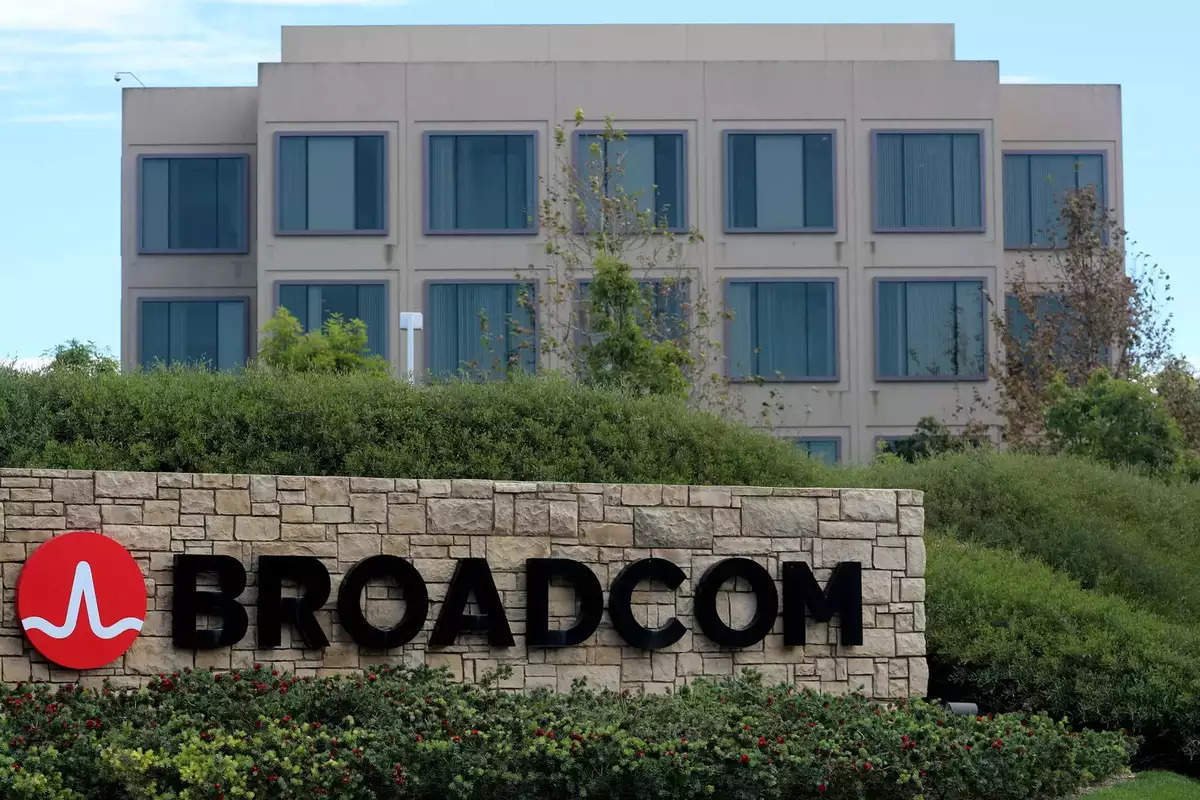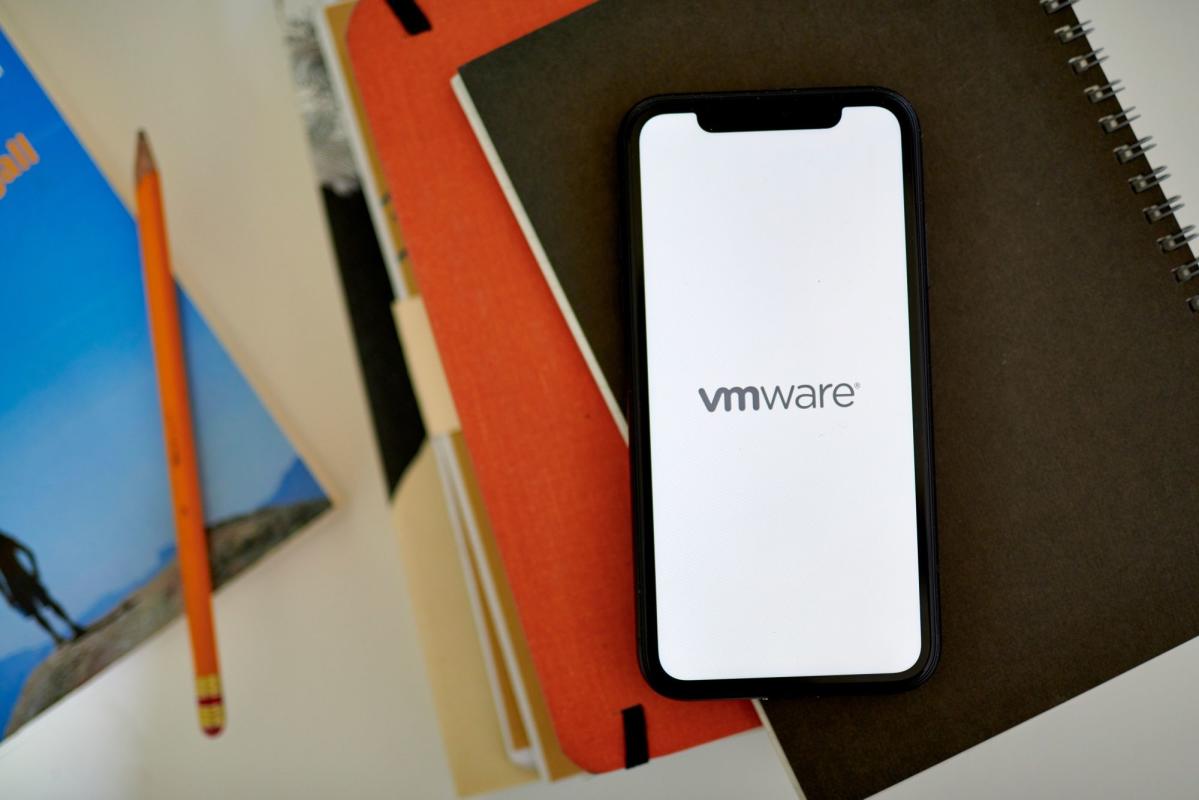CMA Hints Broadcom’s $61 Billion VMware Deal Could Hurt Server Competition.
CMA worries that this agreement may allow Broadcom to exclude other suppliers of hardware components to the server market, which would decline innovation at a time when most businesses desire rapid, adaptable, and economical IT systems.

The purchase of VMware by American chipmaker Broadcom (Broadcom) may increase the cost of servers, according to Britain’s competition watchdog(CMA), which said it would send the $61 billion transaction to a thorough probe unless the tensions were allayed. To expand into corporate software, Broadcom decided to purchase the cloud computing and virtualization business last year. As per the Competition and Markets Authority (CMA) of the UK, the contract may suppress innovation and raise the price of server hardware and software. With anxieties revolving around the disproportionate concentration of market power in the hands of a small number of competitors, large tech mergers have come under intense regulatory scrutiny.
The words of the regulator, CMA.
According to CMA Executive Director David Stewart, servers are an elemental facility that runs in large part because of hardware developed by companies like Broadcom and virtualization software developed by companies like VMware. They worry that this agreement may allow Broadcom to exclude other suppliers of hardware components to the server market, which would decline innovation at a time when most businesses desire rapid, adaptable, and economical IT systems.
This process got underway in November when the Competition and Markets Authority(CMA) initiated an introductory probe into Broadcom’s acquisition of the formerly-owned virtualization and cloud business by Dell Technologies. Given VMware’s “dominant position in server virtualization software” and “that compatibility with its software is crucial for the server hardware components given by Broadcom and its rivals,” Phase 1 assessed whether the acquisition would give Broadcom the potential to disadvantage” competitors.
The regulator stated that Broadcom had five working days to allay the tensions. The watchdog found that the transaction may provide Broadcom access to commercially sensitive information, like specifics on future products that competitors presently deliver to VMware. This, it continued, may impede innovation and “worsen off” consumers by resulting in fewer product upgrades or additions.
To assure that their hardware backs VMware’s software, hardware manufacturers actively work with the company. Companies occasionally give the software developer sensitive product data as a fragment of the association. The CMA’s second antitrust worry over Broadcom’s planned purchase stems from this data sharing.
If they don’t, the CMA could refer this to the Phase 2 probe, which would probe more deeply into the problems raised by the preliminary discoveries. This probe into the huge transaction is only the most recent. The EU declared in December that it was looking at the matter further because it shared similar fears about how the combined firm may affect the marketplace.
The words by the firm, Broadcom.
Broadcom stated that it was collaborating positively with the CMA and was optimistic that any matters would be resolved. Through improved quality, innovation, and choice, they will show how the transaction increases competition and helps both firms and customers, a representative said in a statement. They are certain that management will see this after they have finished their probe that the merger of Broadcom and VMware is about allowing associations to catalyze innovation and extend choice by tackling their most difficult technological concerns in this multi-cloud age.
They have gained legal merger approval in Australia, Brazil, South Africa, and Canada, and are moving forward with the numerous regulatory files throughout the world, according to a company representative.
A buying fever of Broadcom.
In recent years, US semiconductor giant Broadcom has adopted an aggressive acquisition strategy to diversify into a technology business with interests that range from microprocessors to cloud infrastructure software.
For example, in 2016, Broadcom paid $5.5 billion (£4.5 billion) to acquire the storage area networking and fiber channel company Brocade.
As Qualcomm increased its bid for Dutch chipmaker NXP Semiconductors NV to $44 billion in November 2017, Broadcom reduced its own $130 billion buyout offer to $117 billion.
Later in 2018, the US Trump government banned Broadcom’s proposal to obtain Qualcomm based on national security. Yet Broadcom didn’t take that failure sitting down; in 2018, it paid $18.9 billion to purchase IT industry veteran CA Technologies. Subsequently, in 2019, Broadcom bought Symantec’s security division for $10.7 billion; yet, in early 2020, it soon sold the Symantec operation to Accenture.
Conclusion
Broadcom stated in February that it predicted the deal to be completed by May 26. A 44% premium on the software maker’s most recent unaffected stock price, the $61 billion the business is asking for VMware works out to $138.23 per share. Once the transaction is completed, Broadcom plans to combine VMware with its software component.
Edited by Prakriti Arora





